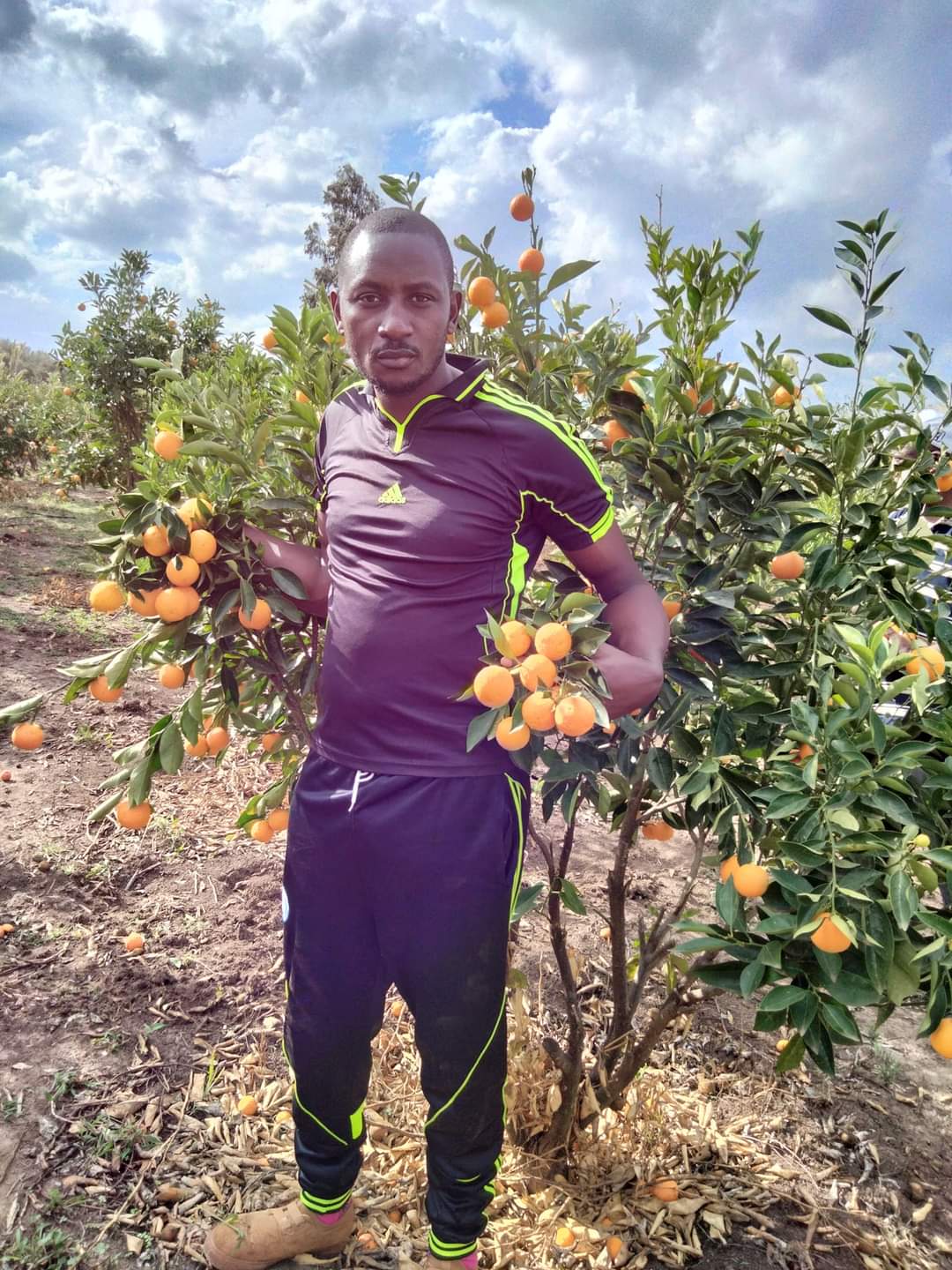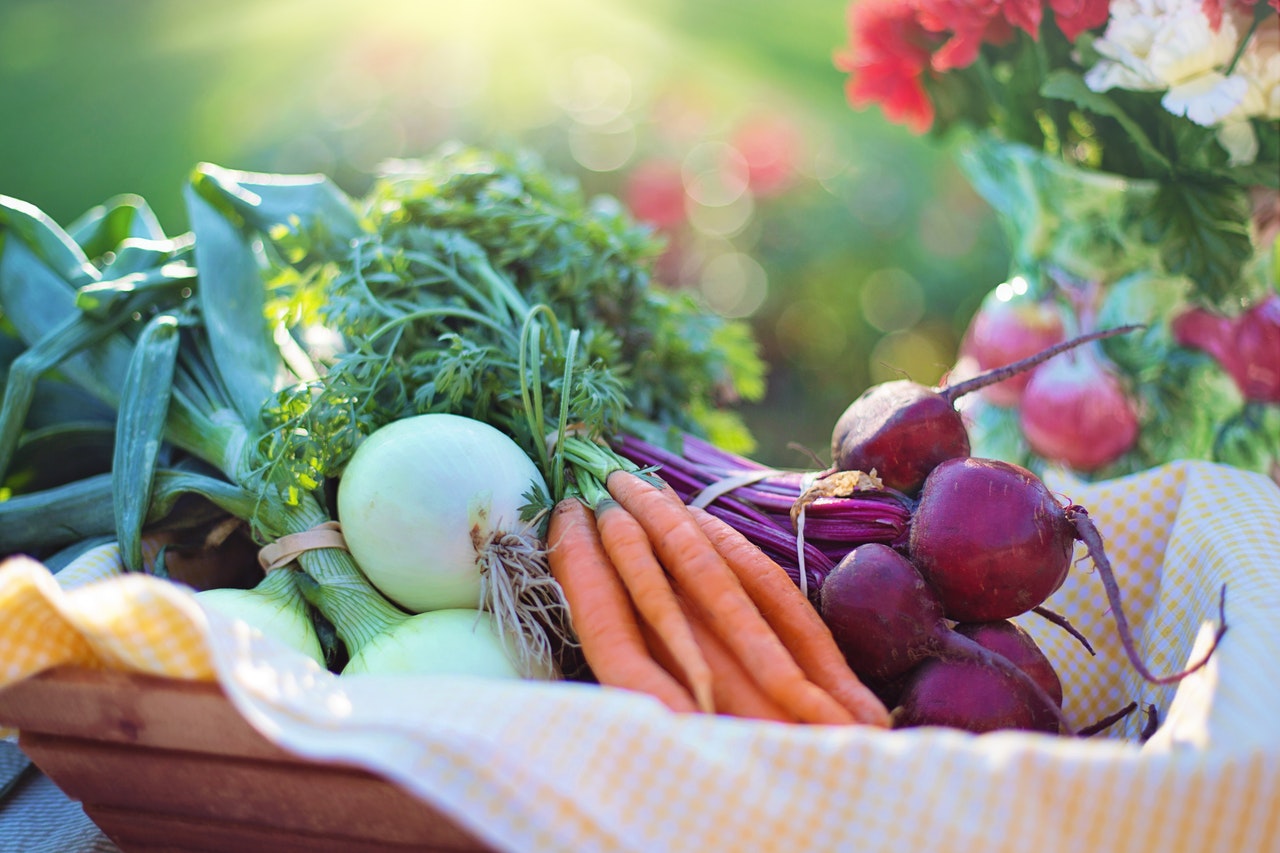Soil testing: Knowledge about your soil is important for crop productivity.
Soil testing is an absolute necessity before planting crops of any kind on your farm. A farm’s soil fertility determines up to 60% of your crops yields and can help determine what type of crop will do best on your farm. Performing a soil test will enable you to acquire knowledge on you soil’s conditions and informs you on how to improve it to meet your preferred crops optimal growing conditions.
Soil has three distinct properties; physical properties, chemical properties and biological properties. The soil’s physical properties can be assessed either by sight or touch. These include soil texture and color which can be used to assess and categorize soils into the main soil types of sandy, clay and loam soils and their different variations.
Biological properties involved the analysis of micfrofauna and microorganisms found in the soil, this can be minimally done physically by observing matter and organisms in the soils but is mainly done through comprehensive soil testing.
For the soil’s chemical properties, a soil test has to be performed. Soil sampling is conducted to have a homogenous soil sample representative of the area of interest. Care should be taken not to mix soil samples from distinct parts of the farm for the might have different chemical compositions.
Soil tests have traditionally been performed in a lab setting using chemical reagents to determine nutritional content in the soil. In recent years, there has been technological innovation in the soil testing sphere leading to the use of spectrometers on hand held devices and other mobile devices which allow on-farm testing and results acquisition.
A soil test mainly analyses pH and nutrient composition of your soil. The main nutrients analyzed include potassium(K), phosphorous(P) and nitrogen(N). These three nutrients have a leading role in enabling plant growth and fruit production. Other elements with significant impact on crop production which are also measured in a soil test are; Magnesium(Mg), Copper(Cu), Zinc(Zn) and Iron(Fe) among other nutrients.
Using the results of the soil test, you will be in a position to estimate the crop-yield responses to the addition of fertilizers with the specific element deficiencies cited in the soil test results. You will be in a position to have a soil fertility management plan that ensures that you avoid fertilizer over application or applying the wrong type of fertilizer. This will also assist in avoiding nutrient leeching and water pollution as a result of fertilizer application.
Oxfarm organic provides soil testing services before you plant and advises on the types of fertilizer needed to amend your soil.




